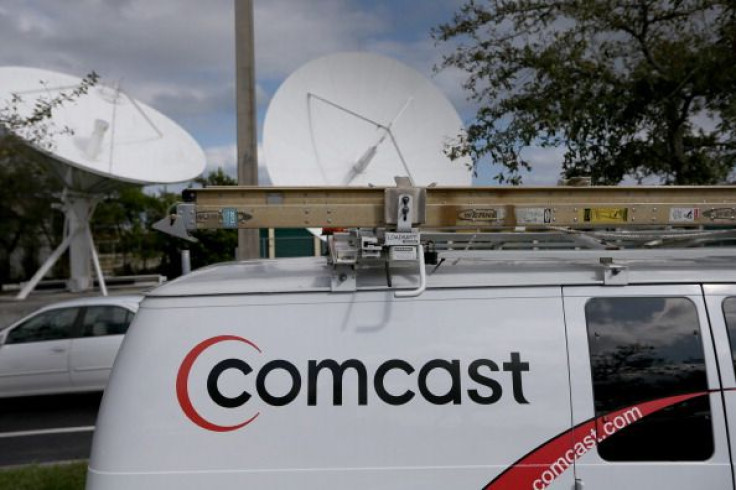Comcast Drops TWC Bid After Antitrust Pressure

(Reuters) - Comcast Corp. abandoned its $45 billion offer for Time Warner Cable Inc. on Friday after U.S. regulators raised concerns that the deal would give Comcast an unfair advantage in the cable TV and Internet-based services market.
The collapse of the deal opens the door for other possible offers for Time Warner Cable, but also casts heightened regulatory risk on merger activity in the U.S. cable industry, which has been rapidly consolidating in the face of competition from satellite TV and Web-based services.
The proposed acquisition had faced criticism from some politicians, media company executives and consumer and industry groups, who had worried it would create a monolith with too much control over what Americans do online and watch on TV. Comcast had argued the merger would bring faster service and better video services to more Americans.
"The pressure to consolidate in a very competitive industry is going to continue," Maxim Group analyst John Tinker said.
"We believe that TWC will get a bid from Charter in the next three months, which we expect to be lower than the market expects," Needham analysts said in a note. The analysts said they expected the opening bid at $130 to $135 per share.
Time Warner Cable shares last traded at $152.52, up 2.5 percent on the day. Comcast shares were up 0.15 percent at $59.32 and Charter shares were down 0.8 percent at $182.18.
The Comcast-Time Warner Cable merger would have created a company controlling almost 30 percent of the U.S. pay-TV subscribers, following promised divestitures, and would have provided high-speed Internet access to almost 40 percent of Americans, according to SNL Kagan data.
Federal Communications Commission Chairman Tom Wheeler said on Friday that the merger would have posed an "unacceptable risk to competition and innovation."
U.S. Attorney General Eric Holder said the companies' decision to abandon the deal was "the best outcome for American consumers."
Comcast had argued that the Time Warner Cable deal would not be anti-competitive because the companies had no real geographic overlap. The company had also proposed to divest some assets to help address regulatory concerns.
The collapse of the deal is a setback for Comcast Chief Executive Brian Roberts.
"Today, we move on," he said in a statement.
© Copyright IBTimes 2024. All rights reserved.











